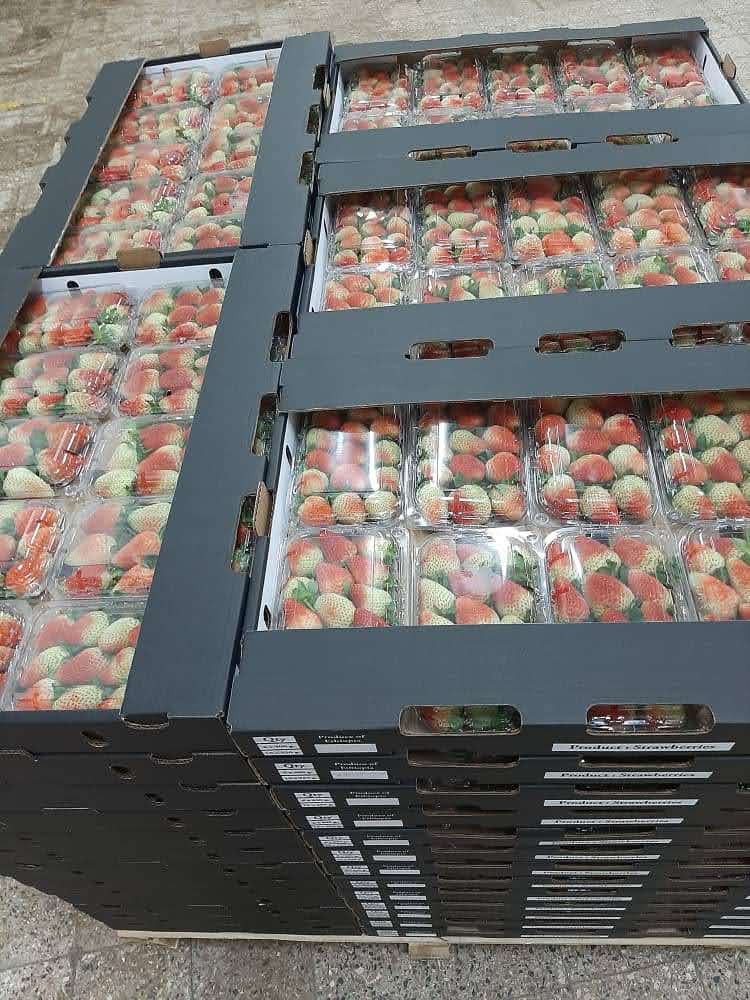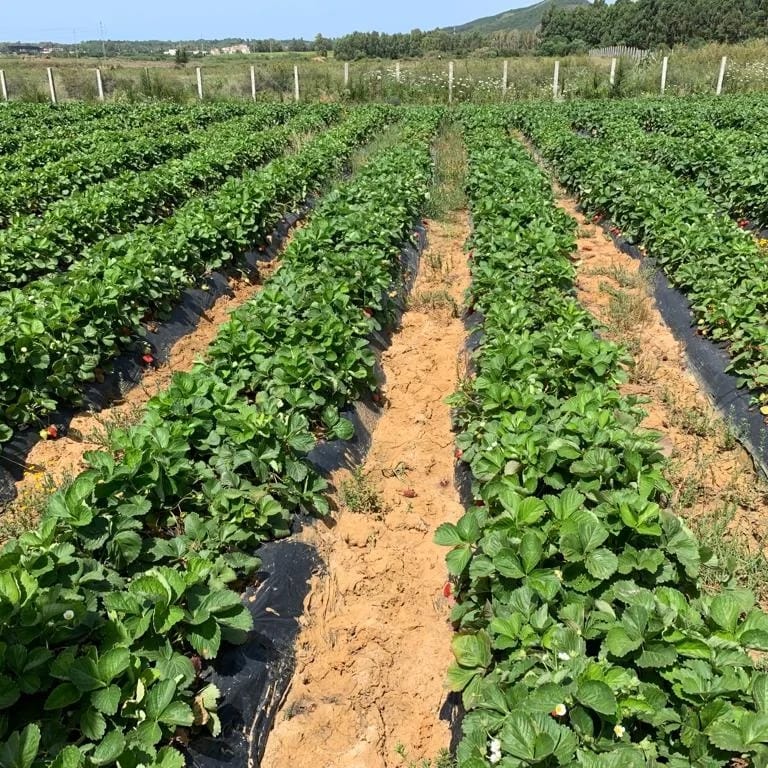
By George Munene
In what the agriculture ministry termed a game-changer for mango farmers, Kenya is constructing of a hot water treatment facility at the Nairobi Horticulture Center. This will help the fruit's farmers combat the mango fruit fly which has stopped the country from accessing lucrative markets such as the European Union (EU).
“Mango farmers have largely been limited to the local market as a prevalence of fruit fly pests has made it difficult to penetrate the EU market. Construction of a hot water treatment facility is key in tackling this pest and adding value to our mangoes, ensuring our farmers have access to this lucrative market,” said Agriculture CS Munya at the launch on Thursday.
While the country has gained a foothold in the EU avocado market, becoming the block's fifth-largest avocado supplier, a prevalence of fruit flies has meant mango exports have primarily been limited to Arab nations.
Related News: How mango farmers organically reduce whiteflies by over 80%
Since 2015 Kenya has imposed a self-ban from exporting mangoes to the EU because of fears that the country’s fruit would be blacklisted for having high levels of the menacing fruit fly. This would have made it harder to resume exports.
A condition of export resumption was that the country would construct a hot water treatment plant and establish pest free zones to contain the fly.
The country has only this year shipped its first consignment of mangoes to Italy.
According to chair of the National Horticulture taskforce Clement Tulezi, Europe is on the lookout for different variety of mangoes. To compete in this lucrative market farmers will need to harvest quality pest free mangoes and grow varieties that are suited to the palette of Europe’s consumers.
Related News: Makueni mango farmer raises income through cooperative
Related News: Desuckering helps Mwea banana farmer avoid mango season losses
“They are more than four million mango trees in Makueni, which is more than any other county in Kenya. However, our production does not reflect this due to post-harvest losses, majorly caused by fruit flies. Once this treatment facility is in operation, we will no longer lose out, esspecially on the more profitable international market,” said Phillys Nduva, Makueni Fruit Joint Cooperative chair.
Fruit fly control measures saw Kenya’s mango exports jump from 7,114,721 metric tonnes in 2020 to 10,378, 480 MT valued at Sh1.716 billion in 202.
Write comment (0 Comments)

















